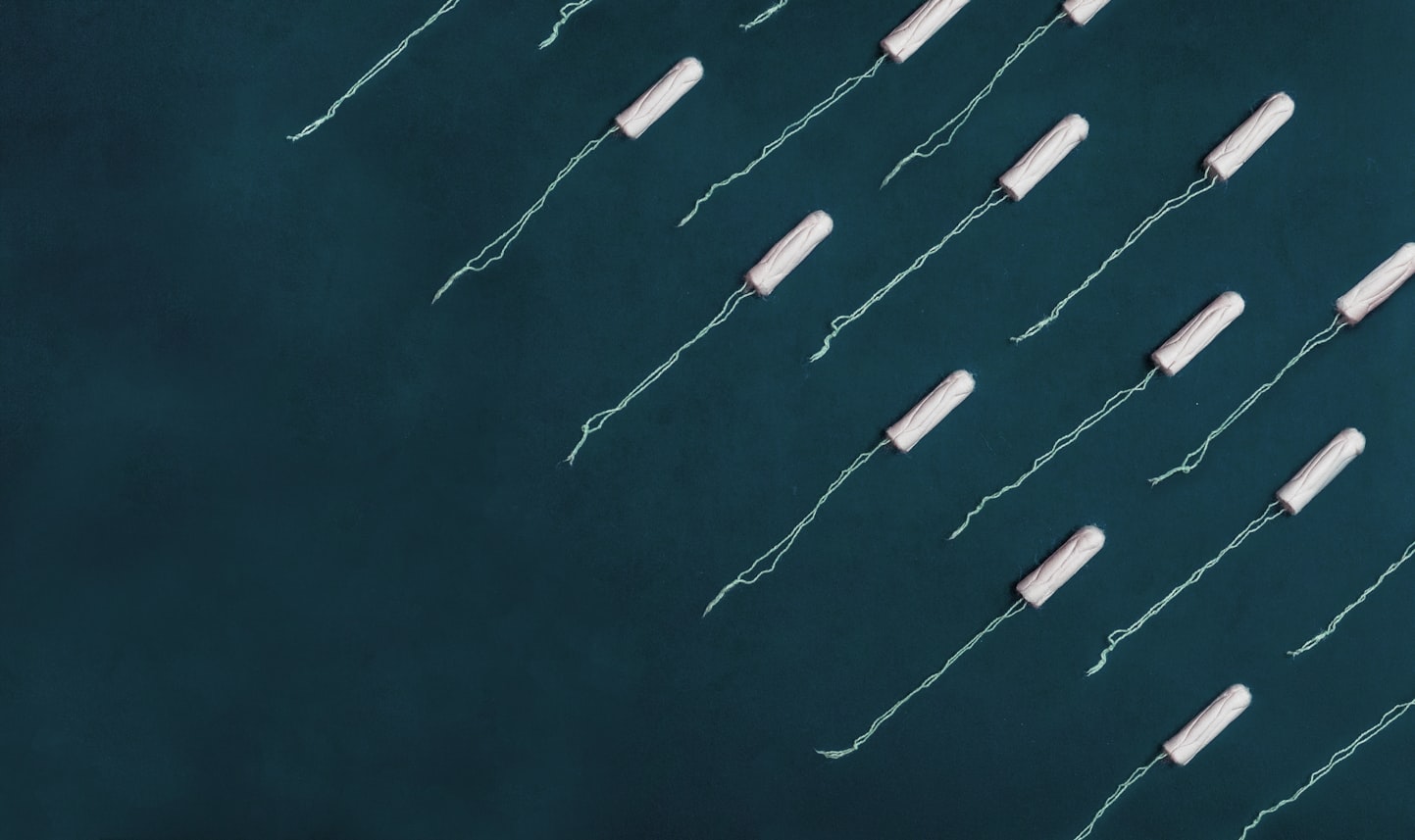When the world stops, life keeps going — especially for communities where social isolation and living off of savings are not viable options.

It’s a well-known fact that COVID-19 has made life at the bottom of the social pyramid even harder. Women and girls around the world, particularly in communities of color, are among the hardest hit by the ripple effects of the pandemic. The news reports address loss of income, life, and community, but the lesser-known impacts should not be forgotten.
Access to healthcare, particularly for women, was already a commodity difficult to come by in certain parts of the world. Now, in the wake of the pandemic, women and girls’ access to contraceptives, feminine hygiene products, and maternity care hangs more precariously than ever before.
Read More









